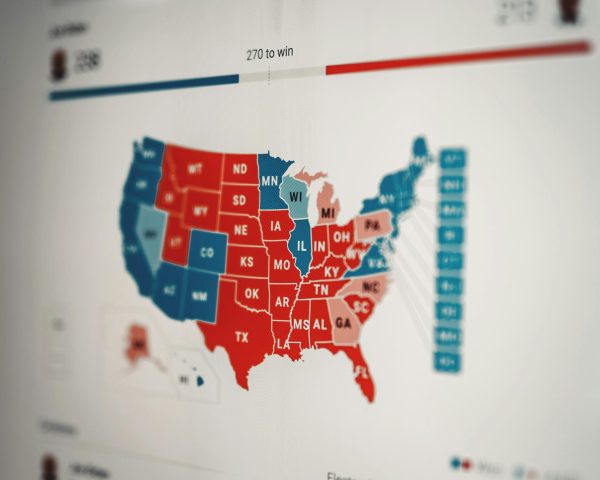Daylight savings time may become permanent
Multiple states have passed legislation to implement permanent daylight savings if approved by congress.
Daylight savings might just be gone forever.
On March 15, 2022, the Sunshine Protection Program Act bill was passed in the U.S Senate. This bill gets rid of daylight savings time starting Nov. 5, 2023 if Congress accepts it.
Daylight savings time started in 1918. Per the National Sleep Foundation, “it was created primarily to reduce energy consumption and promote commerce”. Its main use was during the war to save energy, and since we’re not at war anymore, its purpose is now obsolete.
Daylight savings time starts the second Sunday in March every year when the clocks move forward. On the second Sunday of November, the clocks move back an hour. The states have been considering passing this bill since 2015, and nothing passed until 2018 when Florida passed a bill to permanently enact daylight savings time once the federal government approved. After that, 18 other states followed in Florida’s direction and passed similar bills, Colorado being one of them. Gov. Jared Polis signed House Bill 1297, the Daylight Saving Year Round bill, in Spring 2022. Once congress passes the bill, Colorado will permanently implement daylight savings.
Concerns regarding the effects that would occur if Congress passed the bill include lack of sleep and a disruption in day to day lives. It’s not going to affect sleep in a negative way. If anything, everyone will be getting more sleep than usual and won’t have to adjust to harsh new sleeping hours.
“Standard time is a better option than daylight saving time for our health, mood, and well-being,” said AASM President Dr. Raman Malhotra. “By aligning our clock time more closely with the timing of the sun, standard time helps synchronize our bodies with our natural environment, which is optimal for our daytime functioning and nighttime sleep.”
While sleeping and farming aren’t affected, the implementation of the bill could also present some drawbacks. Kids would be getting to school in the dark and getting home during sunset, which would pose a potential danger since there’s little light for students and people on the road to be aware of their surroundings. However, the concern can definitely be fixed with later school start times.
The bill remains stalled in Congress as debates surrounding permanent daylight savings time continue. It’s in the fate of Congress for now.
Your donation will support the student journalists of Mead High School. Your contribution will allow us to purchase equipment and cover our annual website hosting costs.

Noel Major is a sophomore. She enjoys Harry Styles, sleeping and music. She is involved in photography. She is looking forward to writing poems and humorous articles this year.















